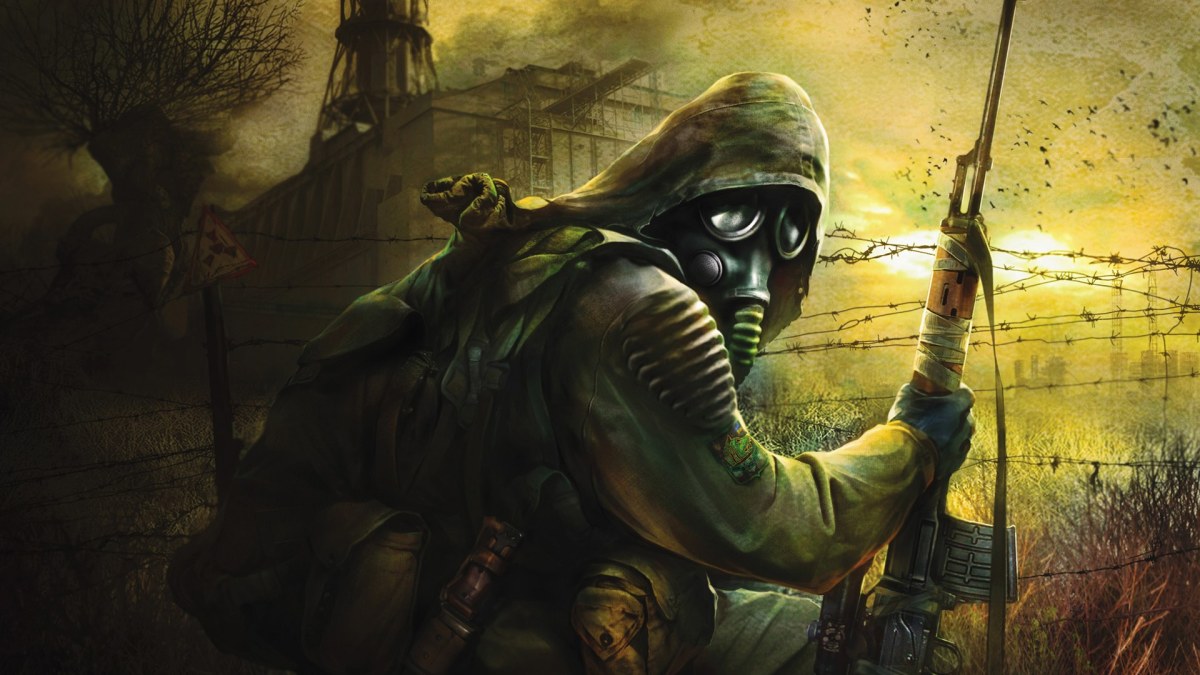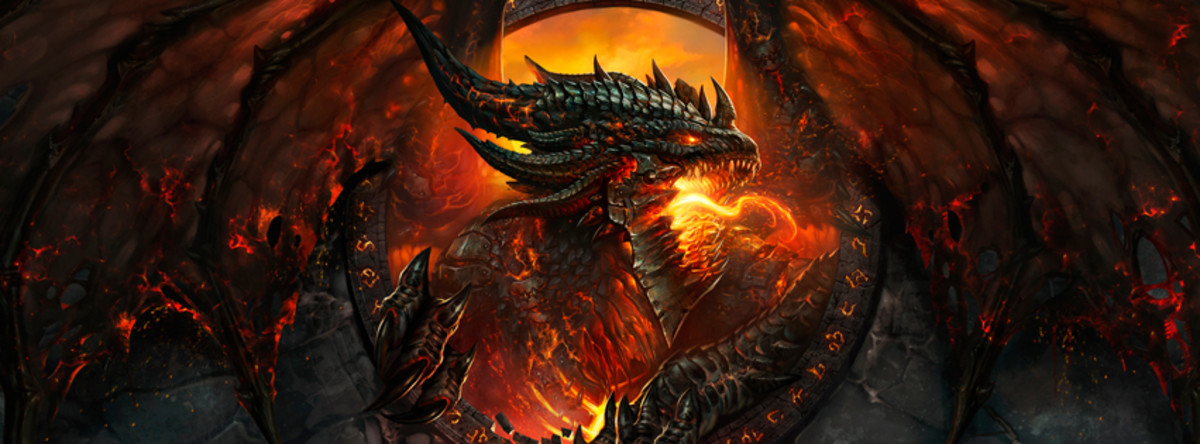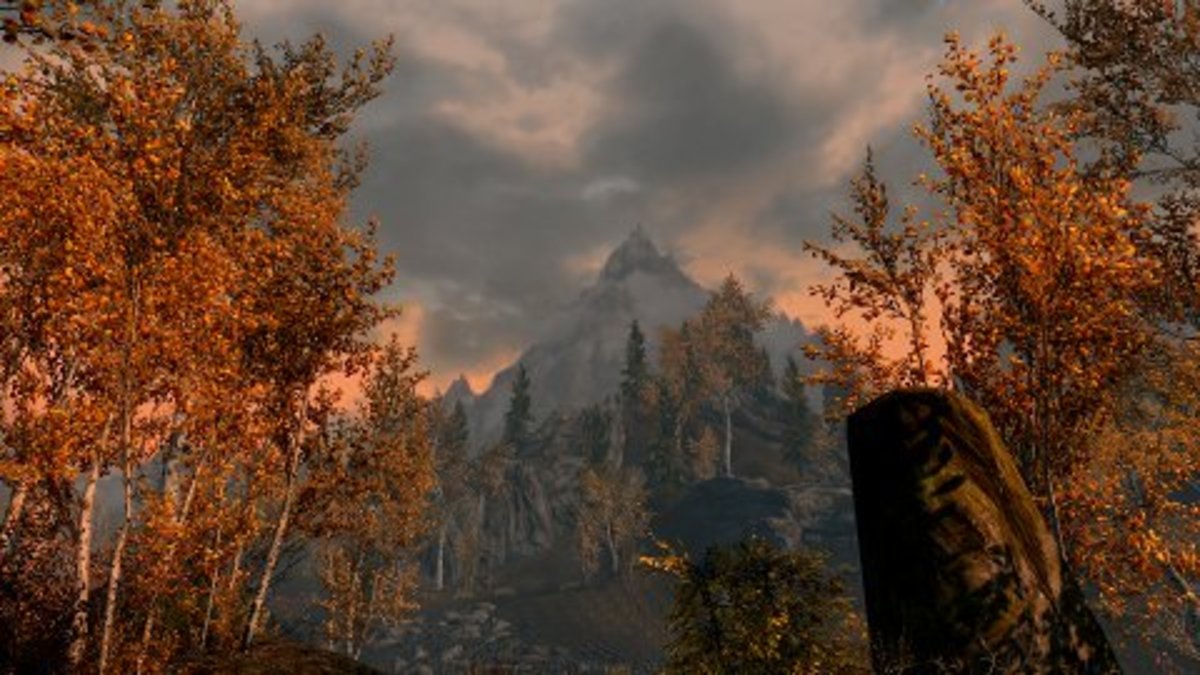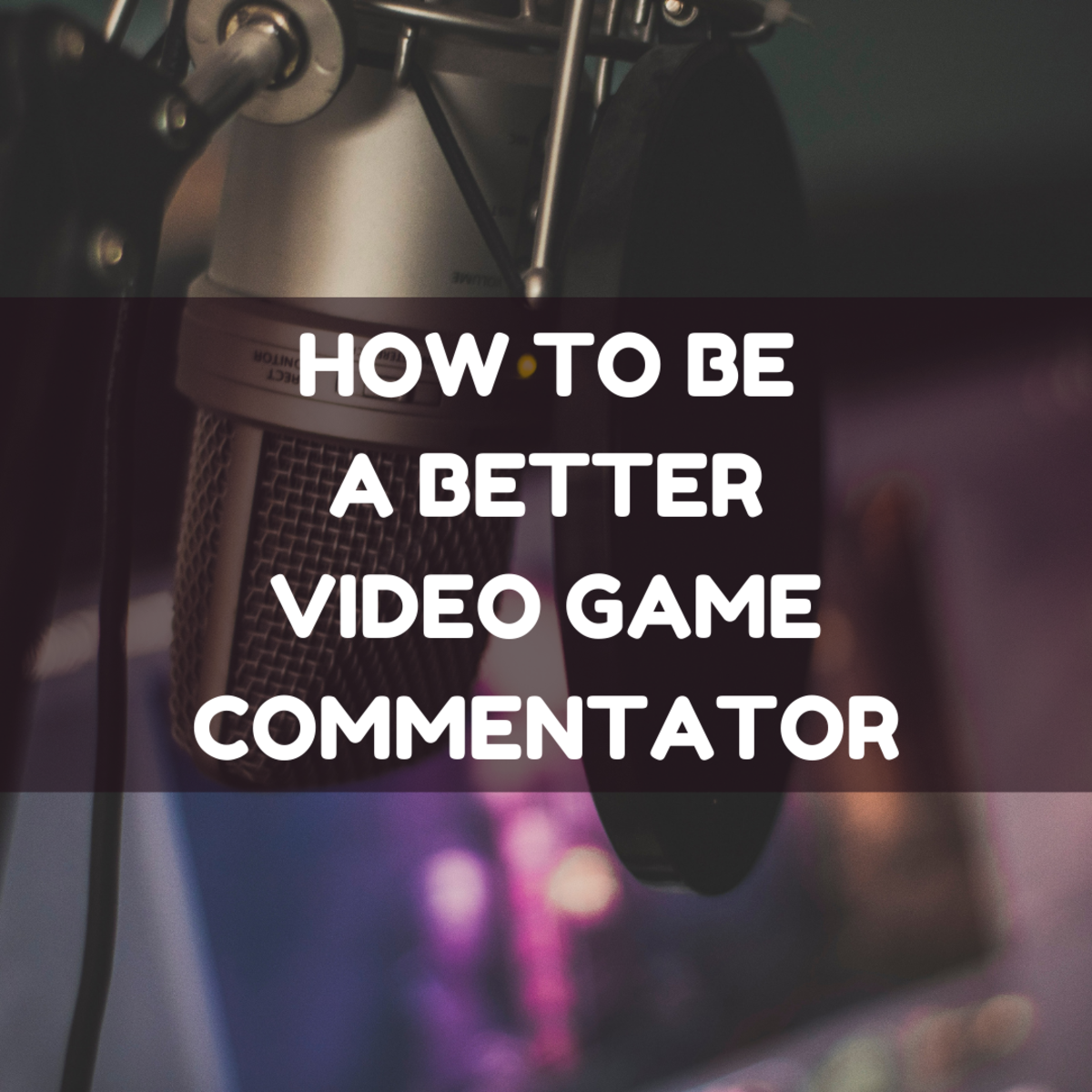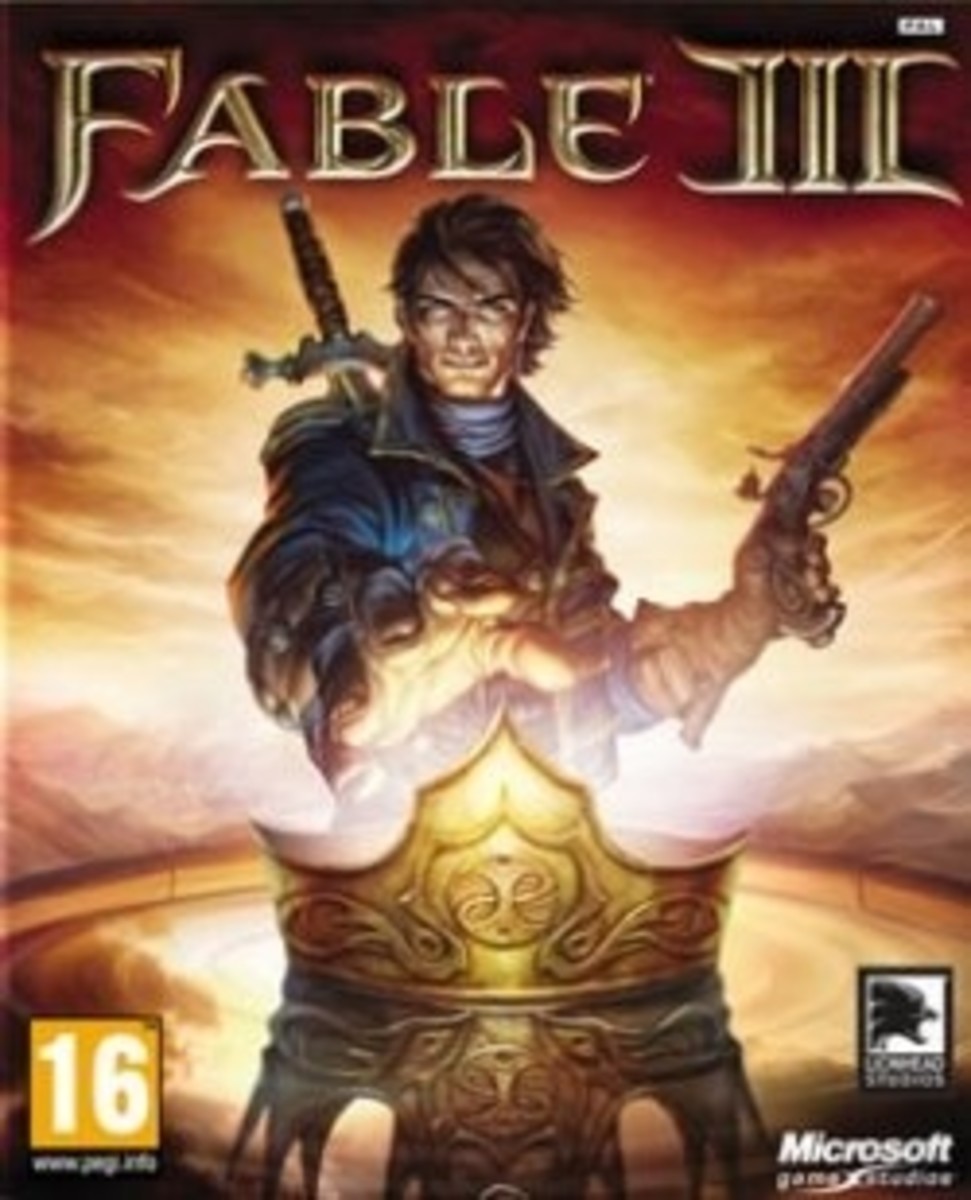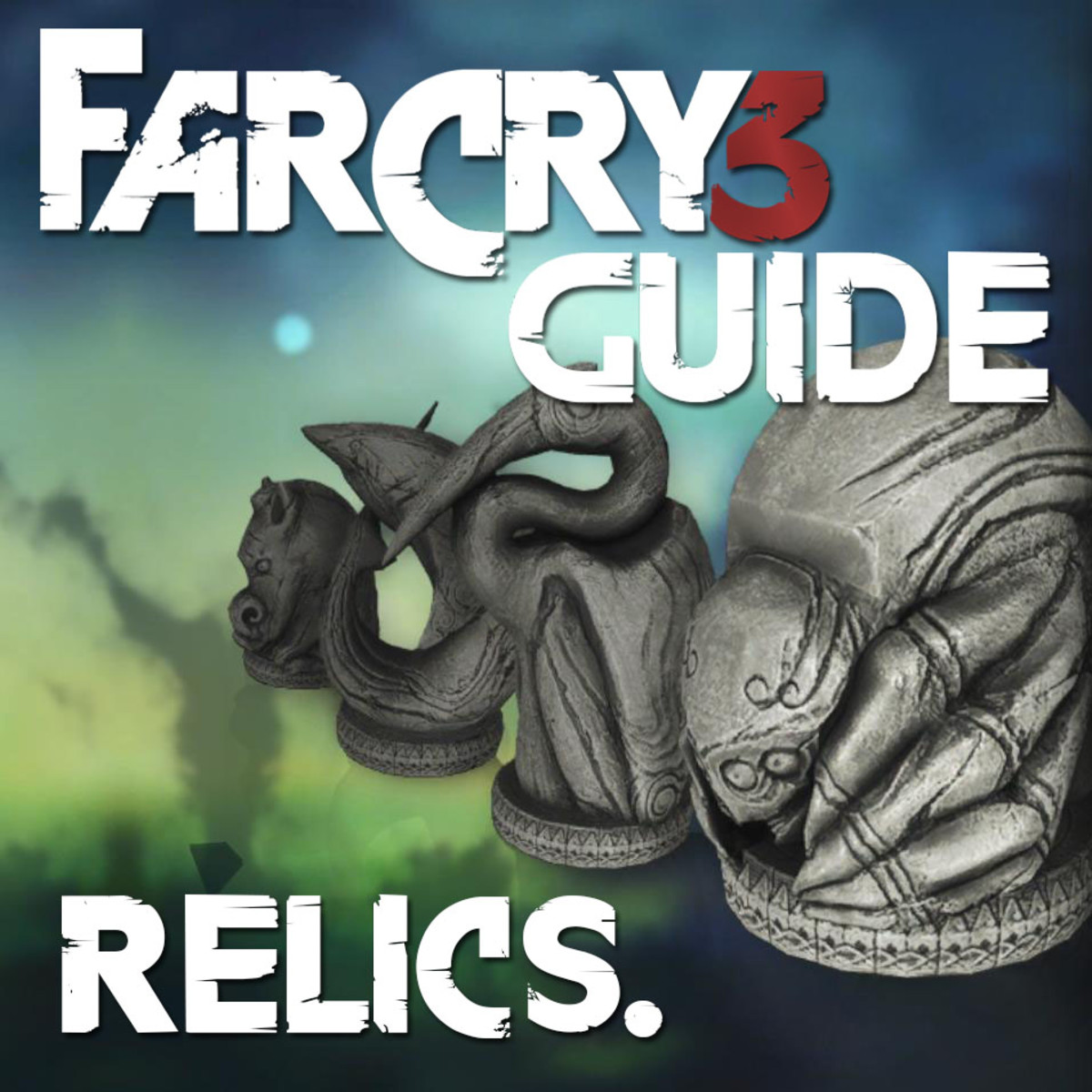Why DLC is a Rip-Off, and You Shouldn't Buy it... at Least Not Right Away

DLC, or downloadable content, is a buzzword (or buzzacronym if there is such a thing) that has been around for the last few years now. The truth of the matter is that it’s not a new concept. Precursors to DLC were around decades ago, in the days of the Atari 2600 – the console allowed games to be downloaded over a telephone line.
Think back to the 1990’s as well, where we had expansions – which surely also served as a way of milking as much out of a franchise as publishers possibly could in as little time as possible, instead of getting developers to produce a full-on sequel with the expected graphical upgrade, which even then would take much longer (and cost more) than just chucking out some new levels and characters, with a few weapons to boot – unless we’re talking about episodic content (*cough* Half-Life 2 *cough*), which we’re not.
The main difference between expansions and DLC is that expansions were originally available retail-only, although now you can buy them online via several digital distribution platforms such as Steam. DLC is initially available digital-only (hence the term downloadable). That and expansions don’t always require the base game to be installed (ergo bought). They can exist as standalone games. DLC isn’t standalone, and the base game must be purchased in order to play it.
The fact is that DLC, a lot of the time, doesn’t really provide good value for money, and just like the games they’re for, they’re overpriced (unless they’re free, which rarely ever happens – even if developers wanted to release them gratis, publishers like Microsoft wouldn’t allow it). And to add to that, companies often go the wrong way about delivering DLC to customers. For example, some companies like Ubisoft have demonstrated a rather reprehensible lack of conscience by cutting content that was originally in the game – Assassin’s Creed II in this case – only to then release it in the form of DLC later on, at least for console users, citing time constraints as the reason, obviously. PC gamers got the full game with the DLC included, and paid less for it overall. How is that fair? But at least it was balanced out by making PC gamers use the online services platform (otherwise known as Uplay) which required them to always be online while playing and actually requiring that content be downloaded while progressing in the game – something which is becoming increasingly worrying nowadays for a lot of people, unless you’re Adam “deal with it” Orth.
Capcom notoriously took it a step further by including extra content on the game’s disc, only to later charge customers for the extra content which technically they all ready had, in order to activate it. So in essence, customers had paid twice for the “DLC” – which wasn’t bloody DLC at all, let’s be honest, because no additional downloading was involved as far as the extra content goes. The game was Street Fighter X Tekken.
EA decided to go another route and actually distribute DLC content based on what peripherals consumers had bought from the BioWare Store. Buy a Mass Effect mousepad at $34.99 and you’ll gain access to extra content. All in all it cost $870 to gain access to every single bit of DLC Mass Effect 3 had to offer. And to think, a few years ago, the Firewalker DLC for Mass Effect 2 was free. Lolwut, indeed.
But of course that number is mere pocket change compared to Rock Band. To get all the DLC for that game would mean shelling out close to $6000 – and this is mainly just for songs made by someone other than the developer, that you could probably get for cheaper on iTunes and hum or whistle along to while listening to them. A few years ago you could have bought a car with that money. Nowadays at least a tank of petrol.
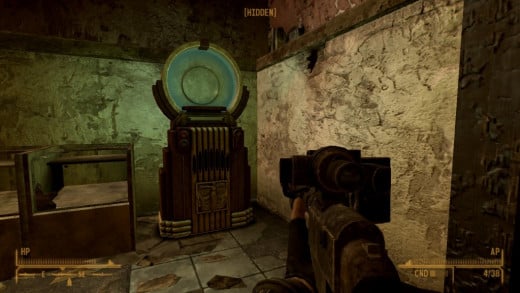
The only proper way to go about it is to develop new, original content from the ground up. Yes, so ideas can be left out of the original game and be used as DLC – but cutting actual content out and charging for it separately is pushing it, frankly. In fact DLC has been criticised for just that – being used as an incentive to leave items out of the initial game. I fear the day will come when patches, designed to fix bugs in games, will have to be paid for as well, and essentially become DLC.
Appropriate pricing for DLC should be used, too. Bethesda, in my mind, should have charged gamers less for the Honest Hearts DLC than the other DLC packs for Fallout: New Vegas, because that particular DLC was rather short if not uninspired, in my opinion, compared to the other DLC packs for that game. I finished it in a few sittings, whereas the others took at least a few days each.

The fact is that the total price of DLC packs put together for a game can end up being nearly as much as the original game, if not more, which is bollocks. Borderlands 2, for example, was priced at $59.99 when it was new. All the DLC content for Borderlands 2, existing and future, adds up to more than that. I lost count at some point actually, but it was over $60. Granted, with a Season Pass, it's likely less (for the digital consumer, a Season Pass will give you a discount when buying DLC, even in advance, rather than buying all of them individually).
And you have to factor in the cost of having to buy the data to download these DLC packs – this is what gets a lot of people flustered. In South Africa for example, not everyone has uncapped DSL, and some of us have to resort to alternate ways of getting connected, like mobile broadband. Locally it costs, on average, about R170 (about $20) for a gigabyte of prepaid 3G data, and to get the first DLC pack for Borderlands 2, Captain Scarlett and Her Pirate's Booty, would have added up to 1.29 GB of data. Let's say all DLC packs for Borderlands 2 are at least that much. That's over 5 GB. That much data today is a lot; at least a few hundred rand, depending on the network you’re with, and whether you go contract or prepaid. To pay for that much data years ago would have been ludicrous. You’d have to be absolutely insane or at least insanely rich to afford it. Then you have to pay for the DLC as well on top of that, and if you’re an Xboxer, you’ve also got Xbox Live subscription fees too. So you’re paying about double the amount you should be paying, and you have to wonder: “Is it worth it?”

But fortunately, for those who are willing to wait, not only does the price of new games and DLC come down, but eventually the companies decide to release a GOTY package, available in retail stores, which has all the DLC packs included with the game. Bethesda did this the right way with Oblivion: 5th anniversary edition, Fallout 3 GOTY, Fallout: New Vegas Ultimate Edition, and the rumoured, but probably real Skyrim: Legendary Edition. Even though most if not all of these are Steamworks titles, all of the content is on the disc, so all you need to do is activate it online. The only download required is Steam and its updates, which won’t take up gigabytes upon gigabytes of data. In fact Bethesda released retail non-GOTY add-on packs for Fallout 3 too, like Operation Anchorage and The Pitt, as well as Broken Steel and Point Lookout.
This, I think, more than redeems them after the whole Oblivion Horse Armor DLC fiasco years ago.
Gearbox and 2K however, went about it the wrong way with Borderlands GOTY, because with the PC version you only got download tokens for the DLC, which means you still had to spend the money on data just to download it, even though it’s “free”. And yet the console versions of the game got the DLC on the disc, and people didn't have to download it. The same will probably be true with Borderlands 2 GOTY. All ready in fact, Borderlands 2 DLC is available in a retail form (except it's more than the digital version -- packaging and stuff), but only for the console versions, and not for PC.
None of these methods however will satisfy the people who have no internet access at all. Yes, they exist, and often it isn’t their choice, either. Think exorbitant prices and lack of coverage – those are two very good reasons why some are internetless.
In the end, DLC is one of the things wrong with the gaming industry today, along with DRM and other such things that people are banging on about, like micro transactions. The thing you have to realise is that the industry is run by greedy, soulless, money grubbing, gravy train-riding fat cats; the same kind who run pretty much everything else… sometimes in to the ground.
That’s why I have immense respect for developers like CD Project who don’t do DRM, and of course this is where independent games that are being crowd funded by the masses are catching on, because they aren’t run by white collar criminals. They’re developed and released by gamers for gamers, and they often release their games DRM free too.
There was an opinion voiced in the April 2013 issue of NAG magazine, by Miklós Szecsei, where in response to the question of how he would fix the gaming industry (the problems being DRM and DLC among other things), claimed that he would go back to the days of proper game boxes, with manuals, figurines, soundtracks, art books and comics, and the like. “The stuff that is in the collector’s editions should be standard”. I couldn’t agree more. Better value for money, and not resorting to annoying, restrictive anti-piracy measures and giving gamers unfinished games and holding the rest of said games hostage until a ransom is paid, is what is going to save gaming in the end.
If there’s one thing that the gaming industry in its current state should learn, it is that newer doesn’t always mean better – newer in this case referring to the current business model of many companies today. Maybe like Miklós says, we should take a few steps back, because as we know and often say, things were always better back in the day.
What do you think of the idea of DLC?
© 2013 ANDR01D

